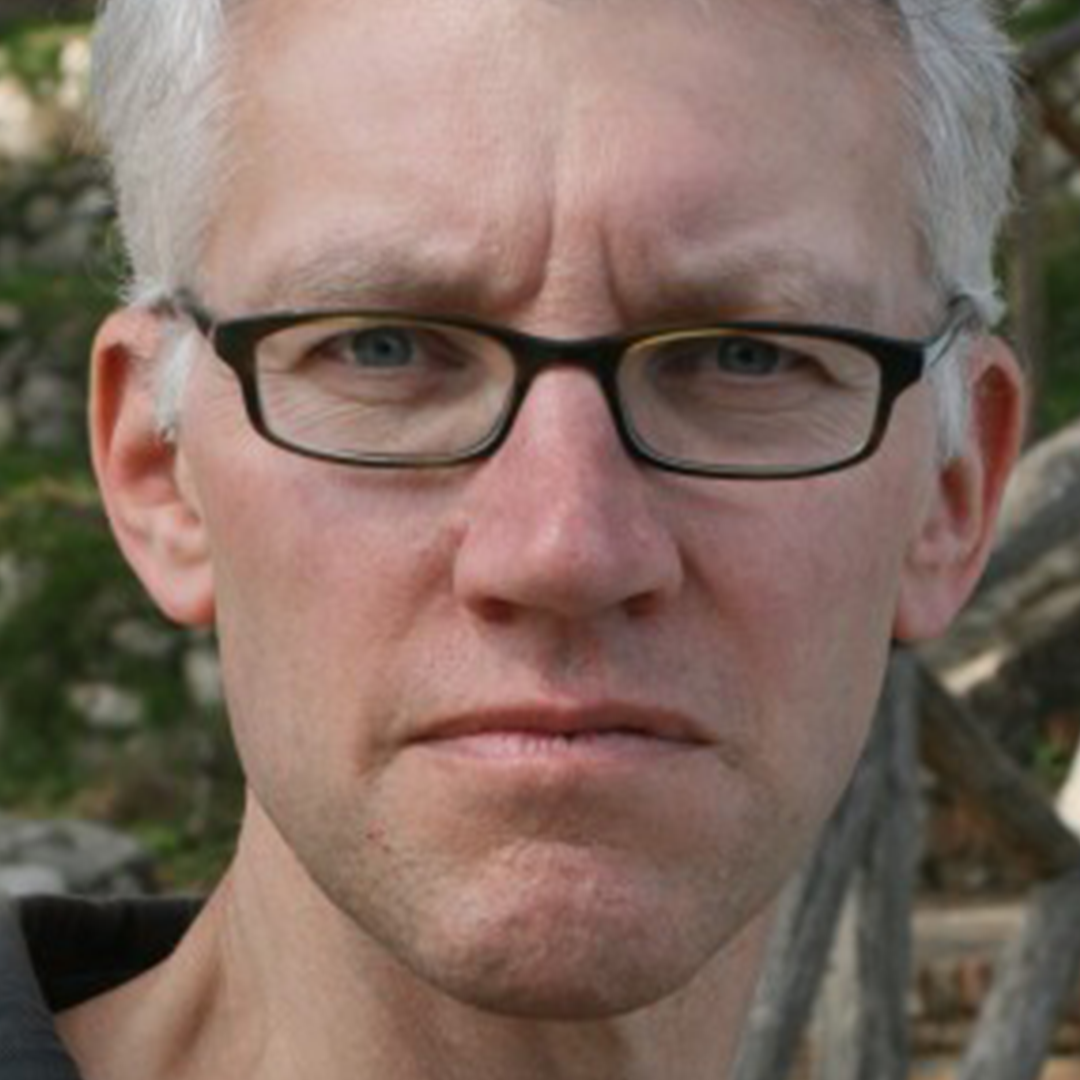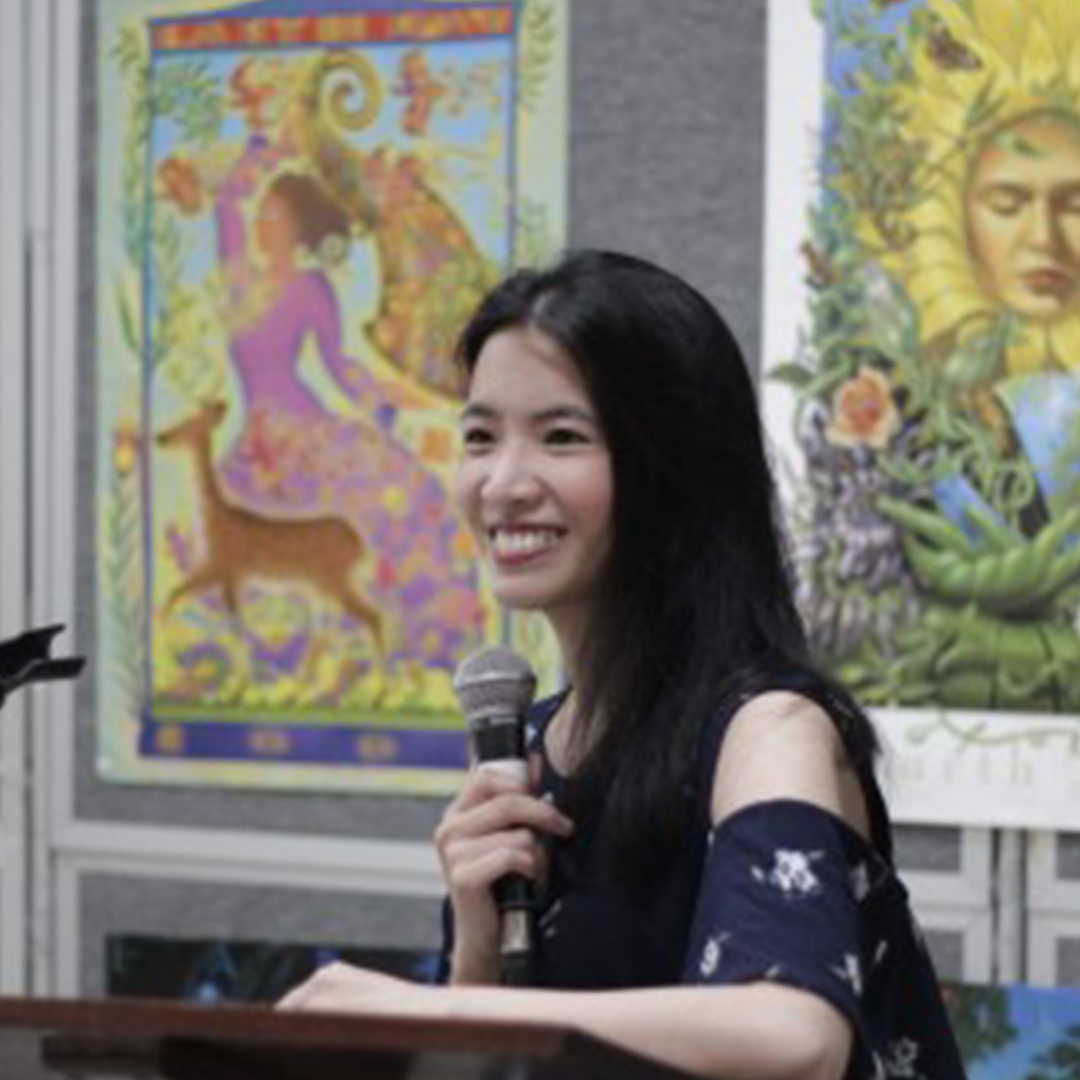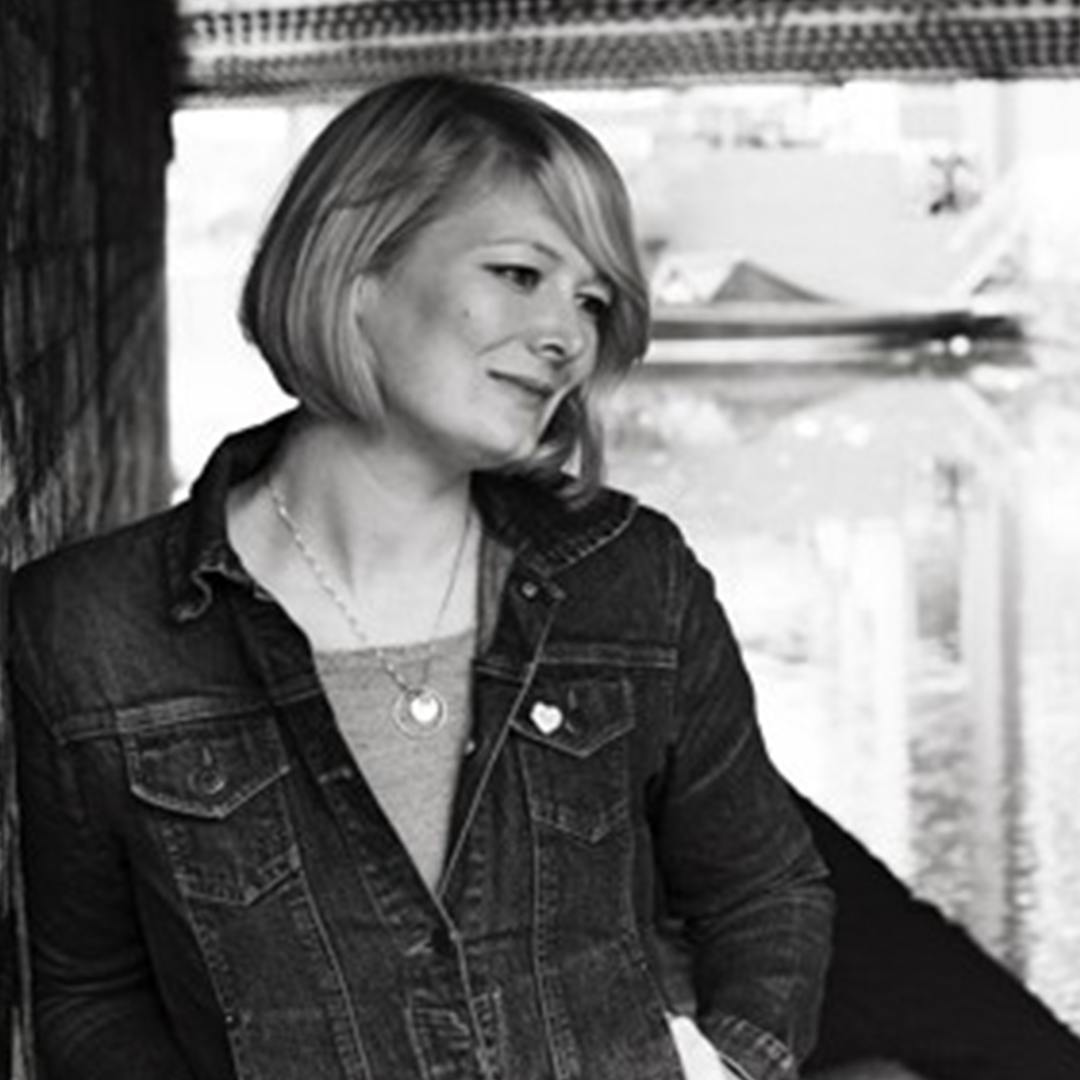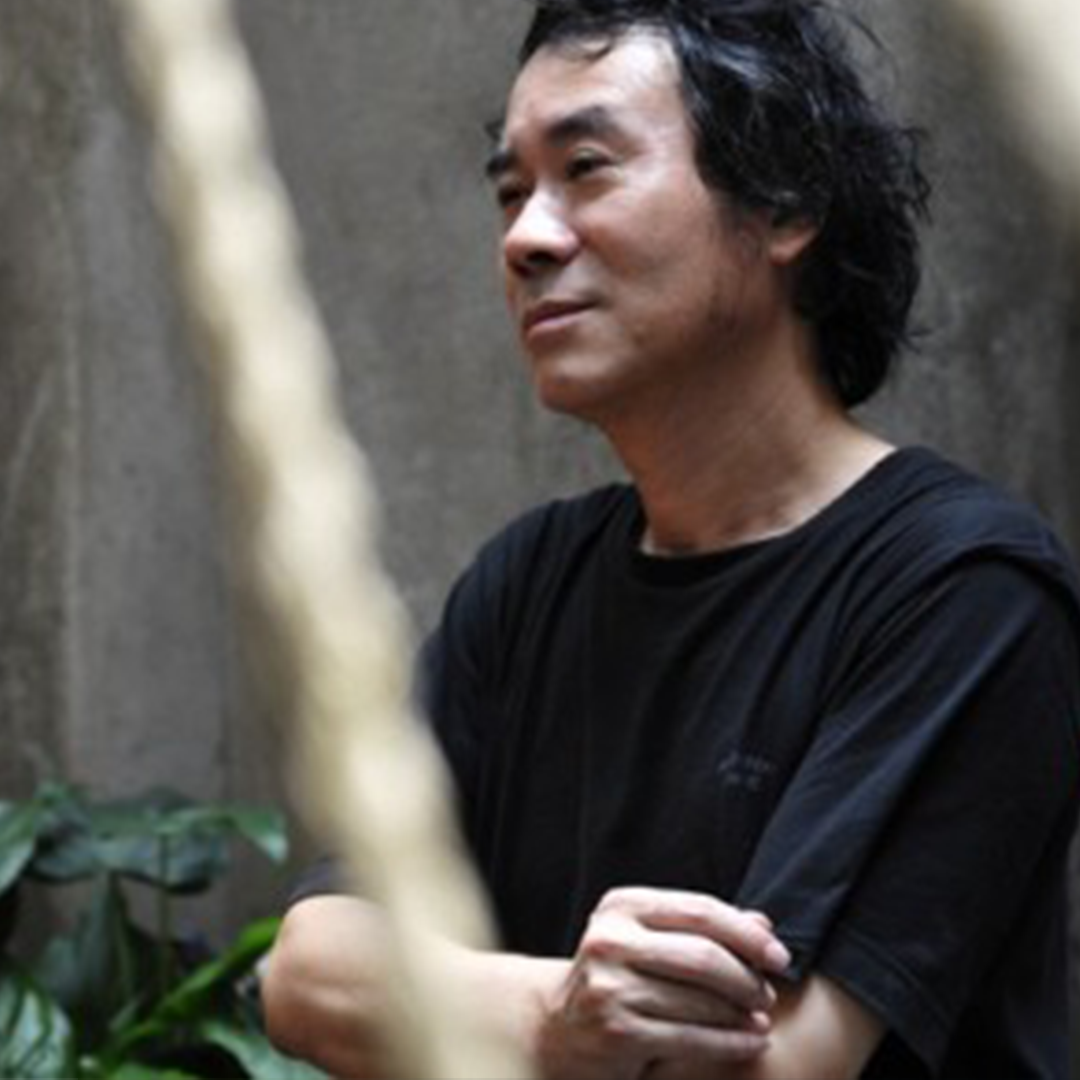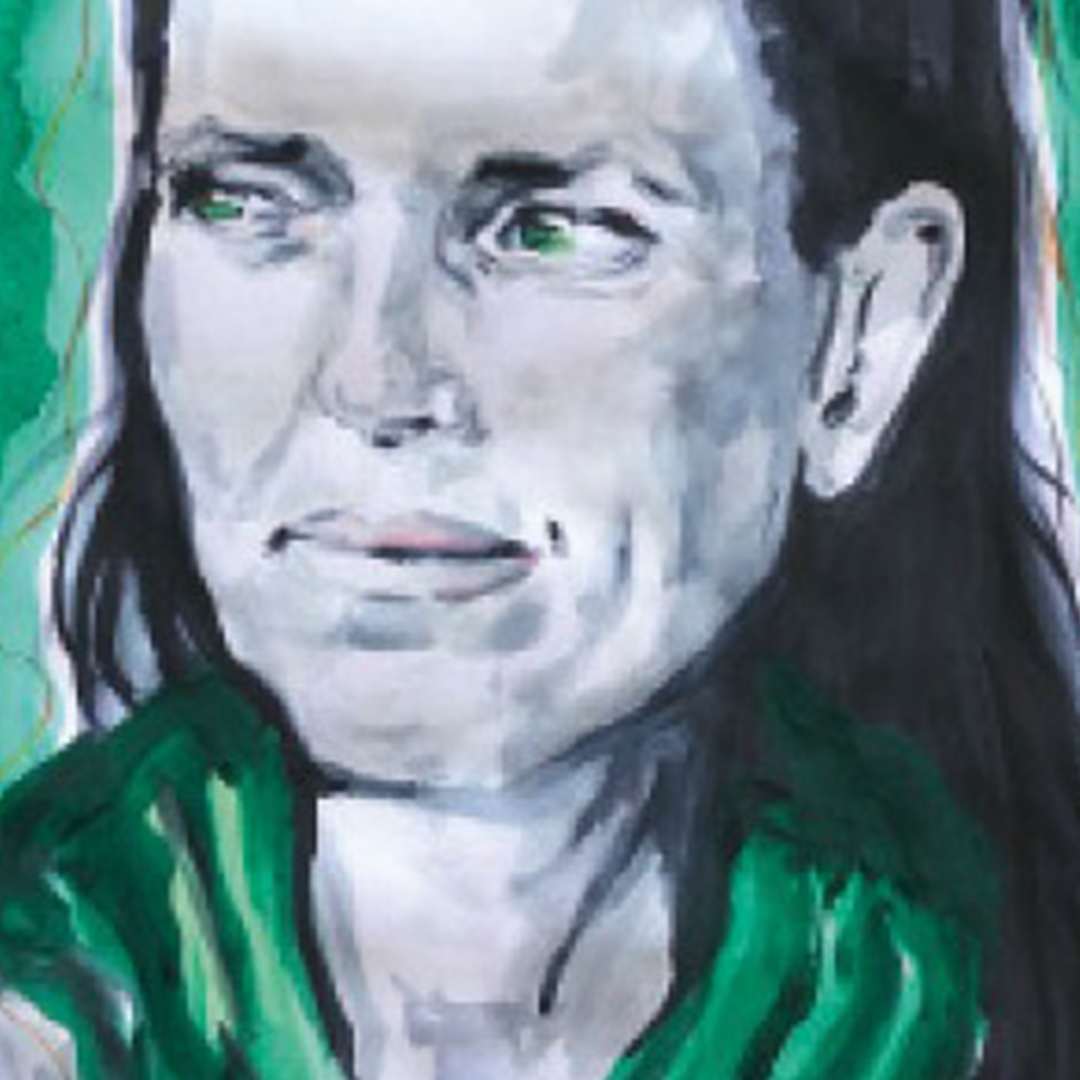24 Mar 2020 | Magazine, Magazine Editions, Volume 49.01 Spring 2020
Director
Émerson Maranhão is a Brazilian director and filmmaker, who has directed the short film Aqueles Dois, about two transgender men, amongst others
Writer
An award-winning Libyan academic and writer, Najwa Bin Shatwan has written three novels, a collection of short stories, plays and contributions to anthologies
Historian
Tom Holland is a writer and historian, who has published a range of bestselling books. He specialises in classical and medieval history
10 Dec 2019 | Magazine, Magazine Editions, Volume 48.04 Winter 2019
Poet
Tammy Lai-ming Ho is an award-winning poet, translator and academic who is documenting the Hong Kong protests through poetry
Writer
Author of the bestselling hit humour titles The Beautiful Poetry of Donald Trump and Vladimir Putin, Life Coach, Rob Sears is a writer based in London
Opera singer
Jamie Barton is an American opera singer, who performs globally. She headllined Last Night of the Proms at Royal Albert Hall this summer
12 Sep 2019 | Magazine, Magazine Editions, Volume 48.03 Autumn 2019
Novelist
Elif Shafak is an award-winning Turkish novelist and advocate for free expression. Her latest novel 10 Minutes 38 Seconds in This Strange World has been long-listed for the Booker Prize.
Novelist
The award-winning novelist Kerry Hudson’s memoir Lowborn captured the imagination of the British public this year because of her vivid description of her dysfunctional family and growing up in poverty in the UK.
Writer
Chen Xiwo is a censored Chinese author, most famous for his collection of stories The Book of Sins which was published in English in 2014. His controversial novella I Love My Mum remains banned in China
19 Jun 2019 | Magazine, Magazine Editions, Volume 48.02 Summer 2019
Writer
Xinran is a best-selling British-Chinese author and advocate for women’s issues. She was the first woman to host a phone-in program called ‘Words on the Night Breeze’ from 1989 to 1997.
Novelist
Claudia Piñeiro is a best-selling Argentinian novelist and screenwriter. In 1992 she won the prestigious Pléyade journalism award. Her books have been translated into four different languages.
Author
Robert Harris is a best-selling English novelist. He is a former BBC television reporter. Though he began his career in non-fiction, he has found success through his historical fiction.


